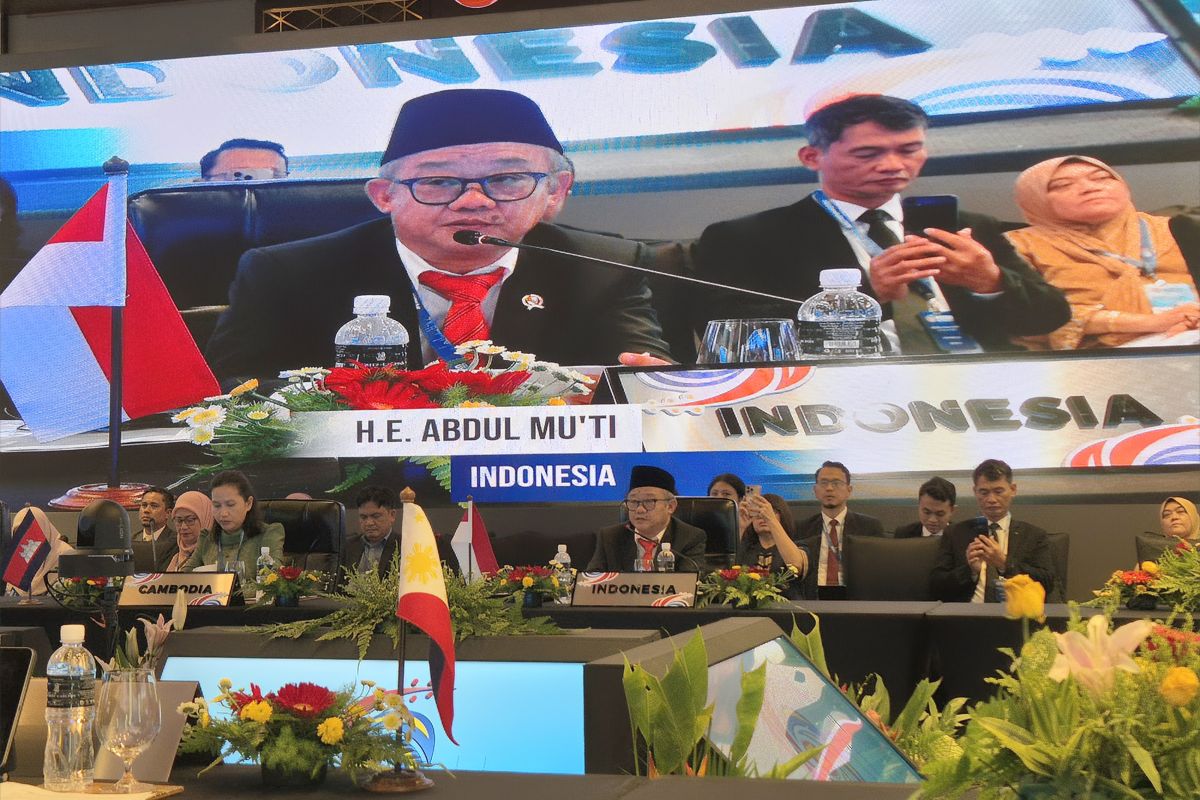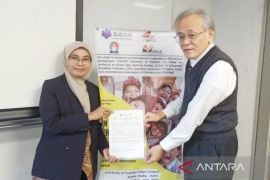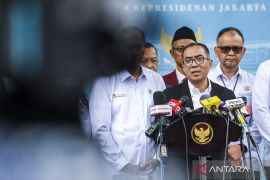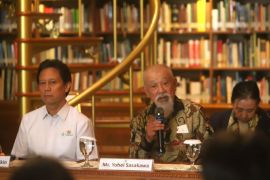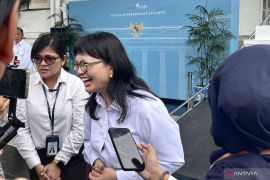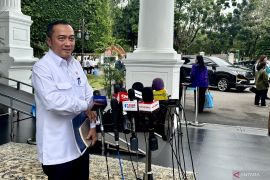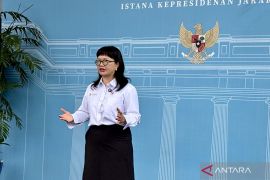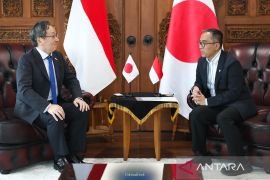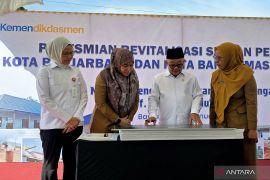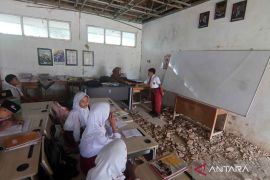In a written statement issued in Jakarta on Friday, Minister Mu’ti welcomed the joint initiative by ASEAN education ministers to tackle the challenge of out-of-school children across the region.
He reaffirmed Indonesia’s strong commitment to ensuring the right to education of all citizens, which is enshrined in its Constitution and aligns with global and regional frameworks, including the 2012 ASEAN Human Rights Declaration.
“This global situation is a powerful call to action. Within ASEAN, it marks a turning point for reflecting on data-driven solutions and implementing concrete measures,” Mu’ti stated, emphasizing the urgent need to address the issue of children dropping out of school.
He informed that Indonesia has developed a comprehensive strategy under its 2025–2045 National Long-Term Development Plan (RPJPN), which commits to delivering 13 years of compulsory education starting from early childhood.
This policy, he said, forms the foundation for developing an excellent golden generation and ensuring every child has access to quality education.
To address the root causes of school dropout, the government has taken concrete steps to improve the Education Management Information System and integrate educational data with socioeconomic indicators.
This integration aims to better target the beneficiaries of the Smart Indonesia Program (PIP), which, in 2024, helped more than 18.8 million students, including those at risk of dropping out, to continue their education.
The Ministry of Education and Culture has also launched the Rumah Pendidikan application—an integrated digital platform accessible both online and offline—to help bridge learning gaps.
Concurrently, the School Revitalization Program has been implemented to ensure adequate educational infrastructure, Mu’ti said.
In addition, he informed, the ministry is expanding access through non-formal education programs, including the establishment of community learning centers and entrepreneurship initiatives.
These programs provide critical support to vulnerable groups such as street children, child laborers, and those affected by early marriage or other social challenges, ensuring they continue to have educational opportunities.
On behalf of Indonesia, Mu’ti highlighted the ASEAN Socio-Cultural Community (ASCC) Post-2025 Strategic Plan as a key framework to advance education, social protection, and inclusion in a more integrated and future-oriented manner across the region.
All these efforts, he said, would contribute to achieving the ASEAN Community Vision 2045, which envisions a peaceful, inclusive, sustainable, and resilient region that empowers all citizens—especially youth.
“Ensuring that no child is left behind is both a policy imperative and a moral responsibility,” Mu’ti affirmed, underscoring Indonesia’s unwavering commitment to addressing the problem of out-of-school children.
Related news: Indonesia urges ASEAN to design AI education policy
Related news: Seeking a bright future through early childhood education
Related news: Ministry conducts ASEAN vocational education conference in Batam
Reporter: Hana Dewi Kinarina Kaban, Aditya Eko Sigit Wicakso
Editor: Azis Kurmala
Copyright © ANTARA 2025
